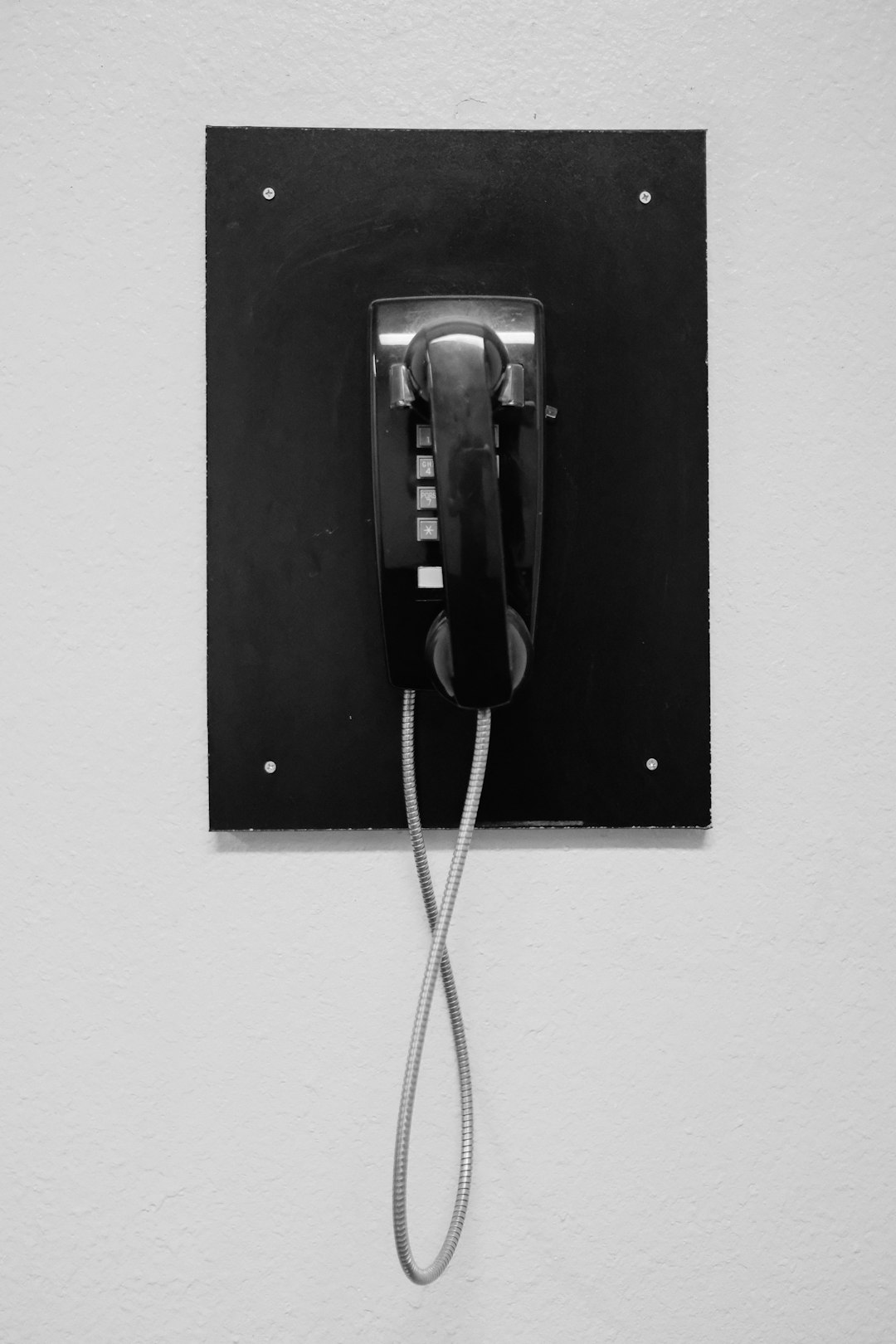Oregon's autodialer regulations protect consumers from unwanted phone calls by imposing strict rules on law firms using automated dialing systems. These include content restrictions, opt-out requirements, and blocking requested numbers, with the Oregon Attorney General's Office enforcing these laws, especially for telemarketing. Law firms must prioritize compliance with privacy regulations like the TCPA, obtain explicit consent, provide clear opt-outs, maintain records, implement security measures, stay current on legal developments, and train staff to avoid legal issues and maintain consumer trust.
“In the digital age, autodialer technology has become an indispensable tool for law firms in Oregon, facilitating efficient client outreach. However, with great power comes great responsibility. This article delves into the legal obligations surrounding autodialer usage, specifically tailored to law firms in Klamath Falls. We explore Oregon’s stringent regulations designed to protect consumers and businesses from unwanted calls, clarifying who is regulated and offering best practices for compliance. By understanding these guidelines, law firms can ensure ethical telemarketing practices.”
Understanding Autodialer Regulations in Oregon: An Overview for Law Firms

In Oregon, the use of autodialers—automatic telephone dialing systems—is regulated to protect consumers from unwanted calls. Law firms using autodialers in Klamath Falls and across Oregon must navigate a set of legal obligations designed to ensure compliance with these regulations. The state’s laws specifically address the content and manner of automated calls, including restrictions on certain types of messages and requirements for obtaining proper consent.
Oregon law mandates that autodialed calls include an option for the recipient to opt out of future calls, often through a simple “stop” or “unsubscribe” message. Firms must implement procedures to honor these opt-out requests promptly. Additionally, they should ensure their autodialer systems have the capability to block numbers that request to be removed from calls, demonstrating a commitment to respecting consumer privacy and preferences.
Legal Framework: Protecting Consumers and Businesses from Unwanted Calls

In Klamath Falls and across Oregon, the legal framework surrounding autodialer usage is designed to protect both consumers and businesses from unwanted phone calls. The state’s laws aim to strike a balance between allowing legitimate marketing efforts and preventing nuisance calls that can disrupt daily life and business operations. Auto dialers, which automatically dial numbers in sequence, are subject to strict regulations, especially when used for telemarketing or advertising purposes.
Oregon’s Attorney General’s Office plays a crucial role in enforcing these laws, ensuring autodialer users comply with requirements such as obtaining explicit consent from recipients before making automated calls and providing an opt-out mechanism during each call. Failure to adhere to these guidelines can result in significant fines, emphasizing the need for Oregon’s autodialer law firms to stay updated on the latest legal developments to better serve their clients while navigating this complex regulatory landscape.
Who is Regulated by Oregon's Autodialer Laws?

In Oregon, the use of autodialers or automatic telephone dialing systems (ATDS) is regulated by state laws designed to protect consumers from unsolicited phone calls. The regulations specifically target businesses and individuals who utilize ATDS for marketing or telemarketing purposes. This includes law firms employing such technology to contact potential clients or those making cold calls using autodialers. Oregon’s autodialer laws aim to ensure fair practices, provide consumers with options to opt-out of these calls, and prevent harassing or abusive phone marketing tactics.
The state’s regulations extend to any entity that makes automated calls for a commercial purpose, ensuring compliance across various industries. Law firms using autodialers must adhere to strict guidelines regarding call timing, content, and consent from the recipients. These laws are in place to maintain a balance between businesses’ marketing efforts and consumers’ rights to privacy and peace of mind, especially when it comes to unwanted phone calls.
Compliance Best Practices for Law Firms Using Autodialers

When using autodialers, law firms in Oregon must adhere to stringent compliance best practices to ensure they respect consumer privacy and avoid legal repercussions. This includes obtaining explicit consent from recipients before making automated calls or texts, providing a clear opt-out mechanism during each communication, and documenting detailed records of call or text activity. Firms should also implement robust security measures to protect sensitive data transmitted through autodialers, such as encryption protocols and access controls.
Additionally, law firms employing autodialers must stay up-to-date with evolving regulations, such as those set by the Telephone Consumer Protection Act (TCPA). Regular training for staff involved in automated communication is crucial to ensure compliance. This includes understanding the legal boundaries around message content, timing, and frequency, as well as maintaining accurate contact lists to prevent unwanted calls or texts to inactive or incorrect numbers.
Common Mistakes to Avoid: Ensuring Ethical Telemarketing in Klamath Falls

In Klamath Falls, as with all cities, ethical telemarketing practices are paramount to avoiding legal pitfalls for businesses utilizing autodialers. Common mistakes include failure to obtain proper consent, disregarding do-not-call lists, and making misrepresentative claims during calls. Law firms in Oregon using autodialers must ensure they have explicit, documented consent from recipients before dialing—this is not just a best practice but also a legal requirement.
Additionally, Oregon’s strict regulations on telemarketing require businesses to honor requests to stop calling within 24 hours. Ignoring these requests can lead to significant fines and damage a company’s reputation. To maintain compliance, law firms should implement robust systems for tracking consent, managing do-not-call lists, and training staff on ethical dialing practices.






